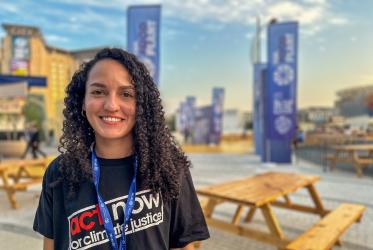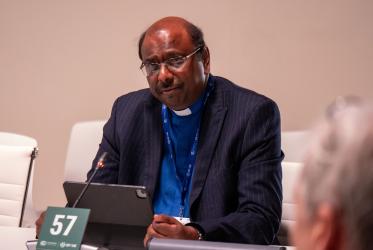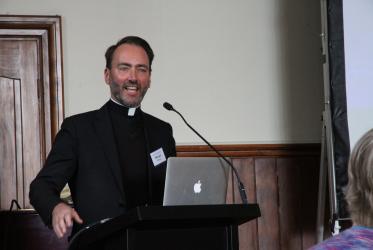Displaying 1 - 13 of 13
22 February 2024
At COP28, WCC general secretary hopes for “less talk and more walk”
01 December 2023
Chateau de Bossey thriving as lives are transformed
08 September 2023
Pandemic and pedagogy: what are the valuable lessons?
21 December 2022
In Lebanon, “without peace there is no justice”
21 July 2021












